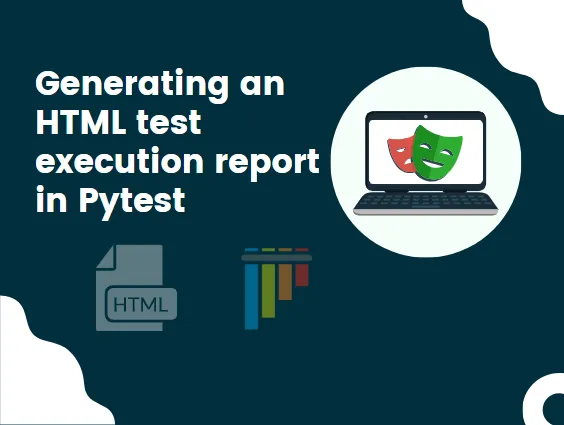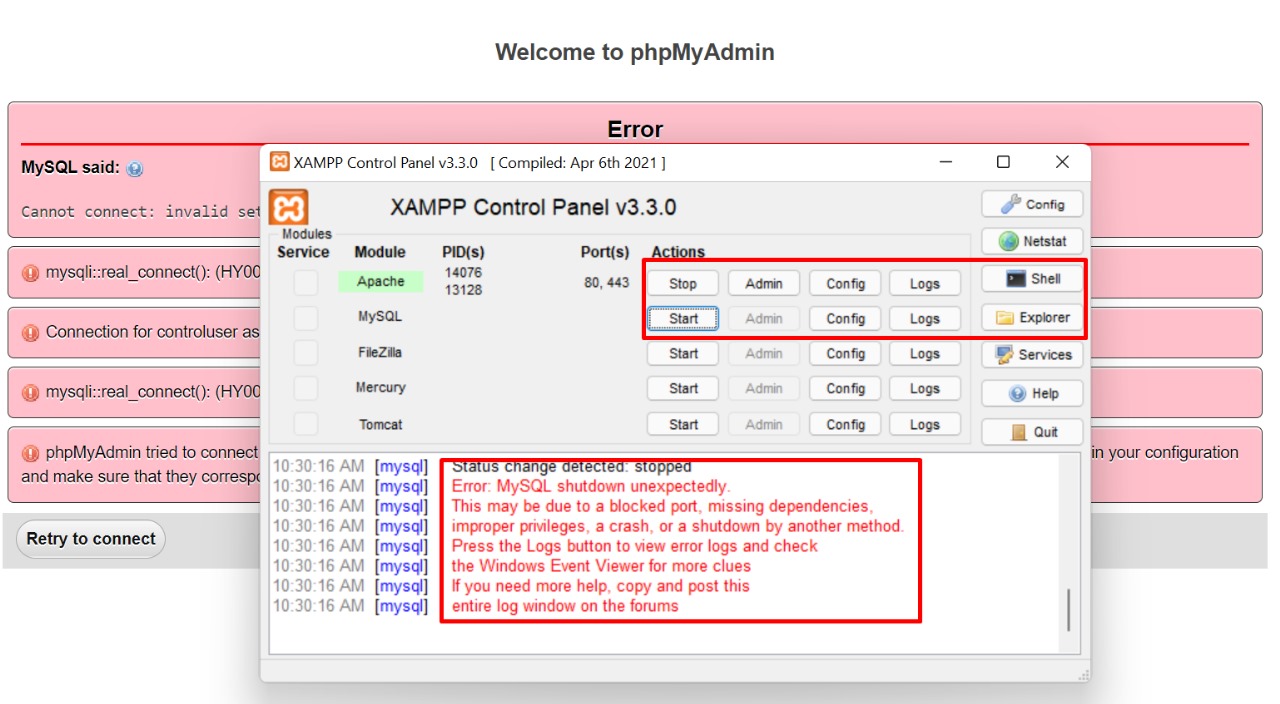If you’re looking to supercharge your Python development workflow with AI tools, the Qodo Gen plugin for PyCharm is a must-have. This powerful tool brings code explanation, optimization, test generation, and real-time suggestions — all driven by AI — directly into your IDE.
In this blog post, we’ll walk through how to install, activate, and fully utilize the Qodo Gen plugin in PyCharm 2022.1 or above.
🛠 Step 1: Install the Qodo Gen Plugin in PyCharm
1. Open PyCharm Settings
-
Navigate to
File→Settings(on Windows/Linux) -
Or
PyCharm→Preferences(on macOS)
2. Go to Plugins
-
In the sidebar, select the Plugins section.
-
Click the Marketplace tab.
3. Search and Install Qodo Gen
-
In the search bar, type
Qodo Gen. -
Click the Install button next to the plugin.
4. Restart PyCharm
-
After installation, restart your IDE to activate the plugin.
🤖 Step 2: Activate and Use Qodo Gen AI
1. Sign In to Qodo Gen
-
After restarting, find the Qodo Gen icon in the sidebar.
-
Click it to open the Qodo Gen panel.
-
Follow the prompts to sign in or create a Qodo account.
2. Explore Qodo Gen Features
Qodo Gen brings a suite of AI-powered tools to boost your productivity:
-
/explain: Select any code snippet and use this command for detailed explanations.
-
/improve: Get actionable suggestions to enhance performance, readability, and structure.
-
/test: Instantly generate test cases for your selected function or class.
-
Code Completion: Enable AI-driven code suggestions while you type.
Modes of Operation:
-
Standard Mode: Manual, snippet-focused interaction.
-
Agentic Mode: Context-aware, project-level assistance.
🧪 Step 3: Generate and Save Tests with Qodo AI
Ready to test your code with AI help? Here’s how:
1. Open Your Target File
Make sure the Python file you want to test is open in the editor.
2. Activate Qodo Gen
Click the Qodo Gen icon in the plugin or extensions bar.
3. Choose the Focus
Select the specific function, class, or code snippet you want to test.
4. Initiate Test Generation
In the Qodo Gen chat panel, type:
Press Enter and follow the guided steps.
5. Choose Where to Save the Test
You can:
-
Create a New File — Qodo will generate a fresh test file.
-
Add to an Existing File — Append tests to an existing one.
6. Select a Testing Framework
Choose from the list of supported frameworks (e.g., unittest, pytest).
7. Pick Behaviors to Test
Review the suggested behaviors and select which ones to include in your tests.
8. Review Your Summary
Ensure your selections are correct. You’ll get a summary of what’s about to be generated.
9. Generate Tests
Qodo will now produce the tests and display them in the editor.
10. Save the Generated File
-
Press
Ctrl+S(orCmd+Son macOS) to manually save the file.
🚀 Final Thoughts
With Qodo Gen, AI becomes a collaborative partner in your coding process. From understanding legacy code to writing bulletproof tests, it dramatically improves development speed and confidence.
Ready to try it out?
Install the plugin, sign in, and let AI do the heavy lifting — right inside PyCharm.






